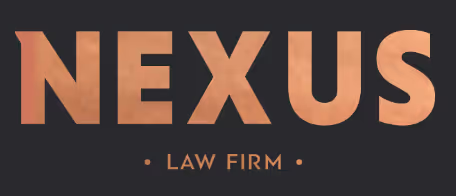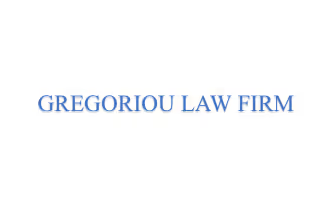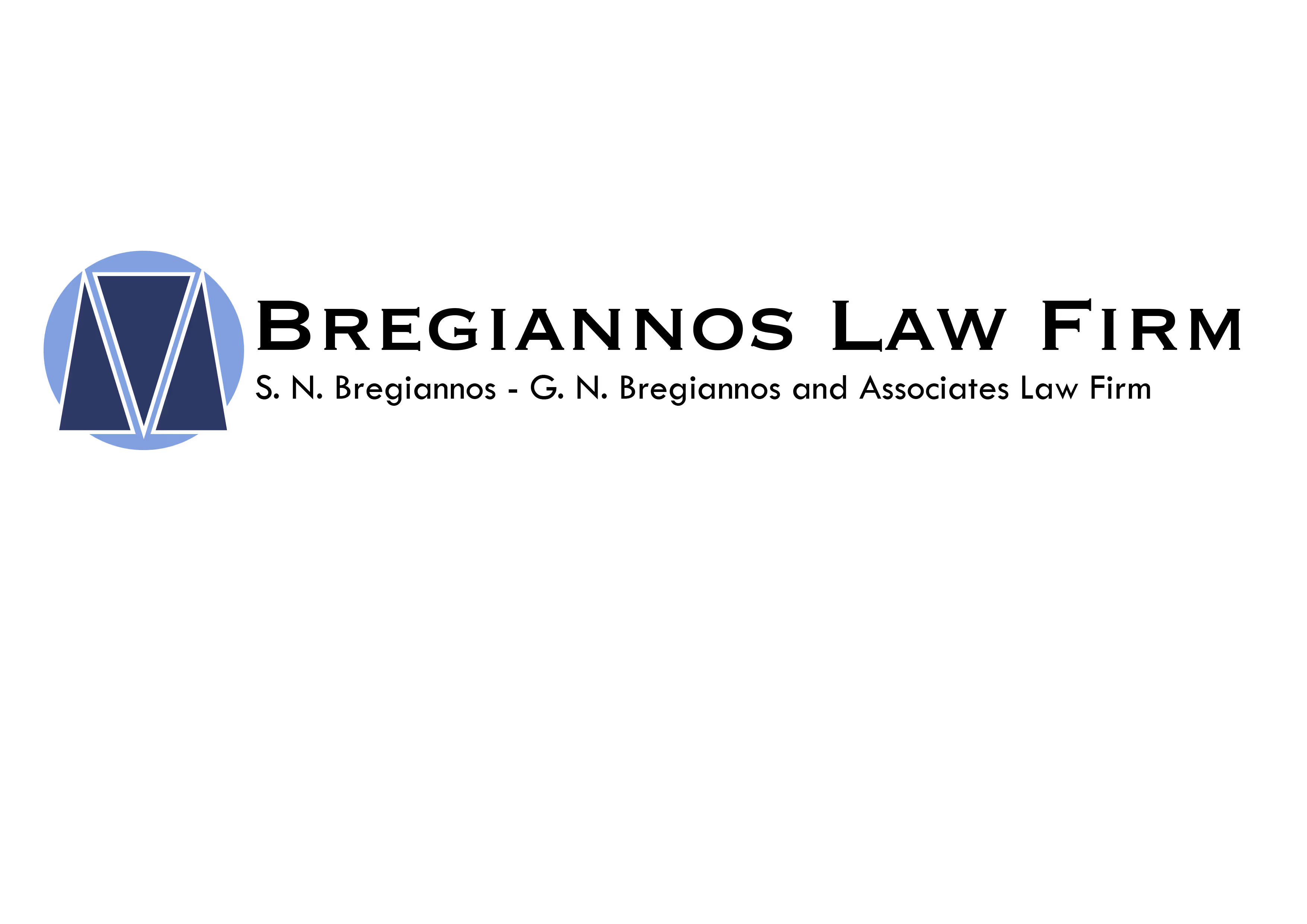Debt Collection Agency in Greece - No Win, No Fee
Your claims are handled exclusively by Law Firm Nikolaos Tsesmeloglou, our licensed Greek debt collection partner (eispraktores opheilon) with 30+ years of legal expertise.

Why Choose Debitura for Debt Collection in Greece

Fast, simple and risk-free debt collection in Greece
Debitura connects you with Law Firm Nikolaos Tsesmeloglou, an Athens-based law firm with 30+ years of legal expertise and admission to practice before Greek courts. Member of LIC and TCM Group international collection networks.
- Risk-free: Pay only when we recover your money.
- Quick setup: Submit invoices in a few clicks.
- Real-time tracking: Monitor progress live in one portal.
- Local expertise: Licensed Greek attorneys handle everything.

Start collecting in Greece in under 2 minutes
- Upload your invoice and debtor details via our secure dashboard.
- Law Firm Nikolaos Tsesmeloglou reviews your claim and contacts your debtor within 24 hours.
- Track every update in real time and receive payment directly when the debt is recovered.
Already using an ERP or accounting system? Debitura integrates with SAP, Microsoft Dynamics, Oracle, Salesforce, and 50+ platforms. Automate claim submission and status updates without leaving your workflow.


Transparent, success-based pricing
Debitura operates on a No Cure, No Pay model. You pay nothing upfront and only pay a success fee when your debt is recovered.
- Zero upfront costs: No subscription, setup fees, or hidden charges.
- Success-based fees: Pay only when cash is collected.
- Competitive rates: Fees vary by claim value and region.
- Full transparency: Know exactly what you will pay before you start.

Fast, simple and risk-free debt collection in Greece
Debitura connects you with Law Firm Nikolaos Tsesmeloglou, an Athens-based law firm with 30+ years of legal expertise and admission to practice before Greek courts. Member of LIC and TCM Group international collection networks.
- Risk-free: Pay only when we recover your money.
- Quick setup: Submit invoices in a few clicks.
- Real-time tracking: Monitor progress live in one portal.
- Local expertise: Licensed Greek attorneys handle everything.
Debt Collection Process in Greece - Clear, Fast and Fully Managed
Why you can trust this guide
At Debitura, we uphold the highest standards of impartiality and precision to bring you comprehensive guides on international debt collection. Our editorial team boasts over a decade of specialized experience in this domain.
Questions or feedback? Email us at contact@debitura.com — we update this guide based on your input.
Debitura By the Numbers:
- 10+ years focused on international debt collection
- 100+ local attorneys in our partner network
- $100M+ recovered for clients in the last 18 months
- 4.9/5 average rating from 621 reviews
Expert-led, locally validated
Written by Robin Tam (16 years in global B2B debt recovery). Every page is reviewed by top local attorneys to ensure legal accuracy and practical steps you can use.
Contributing local experts:
Last updated:
From first contact to final recovery, your Greek debt collection follows a proven four-stage journey. Most commercial debts resolve during amicable collection (exodiki eispraxsi), with legal escalation available only if needed and always under your control.
- Average payment delays in Greece: 67 days (Allianz Trade)
- Payment order procedure: 3-4 months for undisputed claims
- Legal escalation available if amicable efforts fail
- Enforcement via bailiff seizure of bank accounts or assets
Step 1: Claim submission and assessment 📤
Upload your invoice, contract, and supporting documents through Debitura's secure portal. Law Firm Nikolaos Tsesmeloglou reviews your claim within 24 hours to confirm it meets Greek legal requirements.
- Document review ensures compliance with Greek Civil Code obligations (Articles 287-946).
- Assessment of debtor solvency and optimal collection strategy.
- Confirmation of limitation status - commercial claims prescribe in 5 years under GCC Article 250.
- Claims over EUR 12,000 require legal representation under Greek procedural rules.
⏳Duration: 1-2 business days.
Step 2: Amicable collection (exodiki eispraxsi) 🤝
Our partner initiates direct contact with your debtor using formal demand letters, phone calls, and negotiation. Most commercial debts in Greece resolve at this stage without court involvement.
- Formal demand letter served via bailiff establishes documentary evidence.
- Negotiation of payment plans respecting Greek good faith requirements (GCC Article 288).
- B2B late payment interest at ECB + 8% (approximately 10.15%) accrues automatically under Law 4152/2013.
- EUR 40 fixed compensation for recovery costs is claimable per EU Late Payment Directive transposition.
With average Greek payment delays of 67 days, persistent follow-up is essential (Atradius Payment Practices Barometer Greece 2023/Western Europe 2024).
⏳ Duration: 2-8 weeks depending on debtor response.
Step 3: Legal escalation (dikastiki dioxsi) ⚖️
If amicable efforts fail, Debitura sources up to 3 fixed-price quotes from vetted Greek law firms for legal action. You review offers and decide whether to proceed - there is no obligation.
- Payment order (diatagi pliromis) under Code of Civil Procedure Articles 623-634 for undisputed claims.
- Mandatory mediation session required for claims over EUR 30,000 under Law 4640/2019.
- Payment orders typically issued within 3-4 months for document-based claims.
- Opposition (anakopi) possible within 15 working days of service.
⏳ Duration: 3-4 months for payment order; 1.5-2+ years for contested ordinary procedure.
Step 4: Enforcement (anagkastiki ektelesi) 🏦
Once you hold an enforceable title, the Greek bailiff (dikastikos epimelitis) executes judgment under Code of Civil Procedure Articles 904-1054.
- Bank account seizure (garnishment) is particularly efficient given Greece's concentrated banking sector.
- Movable and immovable property seizure with sale via electronic auction at www.eauction.gr.
- Protected amounts: one account up to EUR 1,250 monthly; additional protections for salaries and pensions (Law 4254/2014 (Government Gazette 85 A'/7.4.2014).
- Court judgments remain enforceable for 20 years under Greek law.
⏳ Duration: Varies based on debtor assets and cooperation.
Source: Greek Code of Civil Procedure
Debt Collection Pricing in Greece - Competitive Rates, Zero Upfront Costs
Debitura provides clear, predictable, and fully transparent pricing. No upfront fees, subscriptions, or hidden charges.
- No upfront fees - pay only when your debt is recovered
- Success fees from 6% to 20% depending on claim value
- Up to 3 fixed-price quotes for legal action if needed
- Local invoicing in EUR by our Greek partner
Pre-legal collection fees in Greece
Debitura's No Cure, No Pay model means you pay nothing until your money is recovered. Success fees are calculated on the amount collected and vary by claim size. All thresholds are expressed in USD (converted at time of collection).
European rates (Greece included):
- Claims USD 100 - USD 999: 20%
- Claims USD 1,000 - USD 149,999: 9.5%
- Claims above USD 150,000: 6%
Example: If EUR 40,000 is collected on a Greek claim, the partner deducts 9.5% and transfers the remainder directly to you.
Legal action (optional)
If your debtor disputes the claim or ignores amicable efforts, legal action may be required. Debitura sources up to 3 fixed-price quotes from vetted Greek law firms. You review offers and decide whether to proceed - there is no obligation.
- Payment order (diatagi pliromis): Document-based procedure for undisputed claims under CCP Articles 623-634.
- Court fees and bailiff costs (approximately EUR 80-150 for service) are advanced by you and recoverable from the debtor.
- Full cost transparency before you commit to any legal spend.
Who We Help with Debt Collection in Greece
With average payment delays of 67 days in Greece (Allianz Trade) - well above EU norms - businesses need a reliable local partner. Law Firm Nikolaos Tsesmeloglou serves creditors ranging from SMEs with a single overdue invoice to multinationals managing portfolios across Southern Europe.
SMEs and growing businesses
- Exporters, manufacturers, and service providers with unpaid Greek invoices.
- Limited internal resources for cross-border collection.
- Need fast setup without legal complexity.
Ideal for: Businesses with 1-50 claims per year seeking hassle-free recovery.
Enterprises and multinationals
- Credit control teams managing receivables across multiple Greek subsidiaries or customers.
- Require unified reporting and audit-ready documentation.
- API and ERP integrations for automated claim submission.
Ideal for: Organizations processing 50+ claims monthly with complex compliance requirements.
International creditors
- Companies in Germany, Austria, Switzerland, and across the EU collecting from Greek debtors.
- Need a trusted local partner with native Greek and German/English capabilities.
- Law Firm Nikolaos Tsesmeloglou serves major DACH clients including Wurth, Salzgitter, and ZF Trading.
Ideal for: Creditors in Germany, Austria, Switzerland, Italy, France, UK, and other key trading partners of Greece.
Our Greece and International Expertise
Debitura partners with 500+ licensed debt collection agencies and law firms across 183 countries and jurisdictions. In Greece, Law Firm Nikolaos Tsesmeloglou serves as our exclusive partner, combining local bar admission with membership in LIC and TCM Group international networks.
Tech-Enabled Debt Collection in Greece - ERP, API, AI and Secure Integrations
Managing Greek receivables alongside global portfolios typically means juggling multiple agencies, portals, and reporting formats. Debitura consolidates everything into one platform - connecting you to Law Firm Nikolaos Tsesmeloglou and 500+ partners worldwide through a single interface:
- ERP integrations: SAP, Microsoft Dynamics, Oracle, Salesforce, and 50+ accounting platforms. Push claims directly from your existing workflow.
- REST API: Full programmatic access for enterprise automation, bulk uploads, and custom integrations
- Zapier connectivity: Connect Debitura to 5,000+ apps without writing code.
- AI-powered insights: Predictive analytics on recovery likelihood, optimal timing, and debtor behavior patterns.
- Bank-level security: SOC 2 compliant infrastructure, encrypted data at rest and in transit, GDPR-ready processing.
- Credit checks: Access debtor financial health reports to inform your collection strategy before escalation.
Find a Local Debt Collection Lawyer
Need court-ready representation? Share your case once and receive up to three proposals from vetted litigation attorneys—free, fast, and with no commitment.
- Verified specialists
- Quotes in 24 h, no hidden fees
- Fair, pre-negotiated rates

Nexus Law Firm is a premier law firm in Thessaloniki offering effective Debt Collection services in Greece, positioning itself as the go-to partner for debt recovery since 2014, with a strong reputation in corporate legal matters and expertise in non-performing loans.

Gregoriou Law Firm is a premier law firm in Athens offering effective Debt Collection services in Greece, positioning itself as the go-to partner for debt recovery with over 35 years of experience, a Fellow of CIArb, and memberships in VIAC and WIPO.

Ioannis Giannatos is a premier law firm in Athens offering effective Debt Collection services in Greece, established in 2002 and known for cost-transparent processes, with memberships in the Athens Bar Association and the Supreme Court of Greece.

Stefanos Economou Law Offices is a premier law firm in Athens offering effective Debt Collection services in Greece, established in 1950 and recognized as one of the Leading Law Firms in Greece, with membership in the Athens Bar Association.

Bregiannos Law Firm is a premier law firm in Athens offering effective Debt Collection services in Greece, established in 1980, with accolades such as the Best Corporate & M&A Law Firm award and memberships in several international chambers, serving clients across the EU, China, and North America.

Rokas Law Firm is a premier law firm in Athens offering effective Debt Collection services in Greece, established in 1977, renowned for top-tier recognition in The Legal 500 EMEA, and serving clients across Central and Southeastern Europe.

Law Firm Nikolaos Tsesmeloglou is a premier law firm in Greece offering effective risk-free debt collection services, established in 1995 and renowned as the go-to partner for debt recovery, boasting memberships in LIC and TCM Group, serving Greece, Germany, and beyond. As the exclusive Debitura partner in Greece, the firm provides No Cure No Pay debt collection based on Debitura's risk-free standard terms and pricing.





.svg)

.webp)
.png)

.png)
.svg)












.svg)

